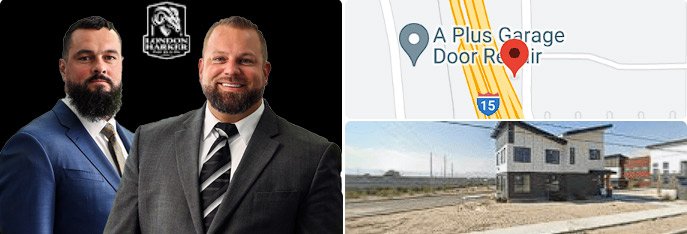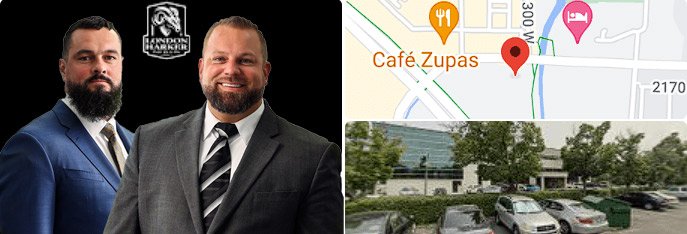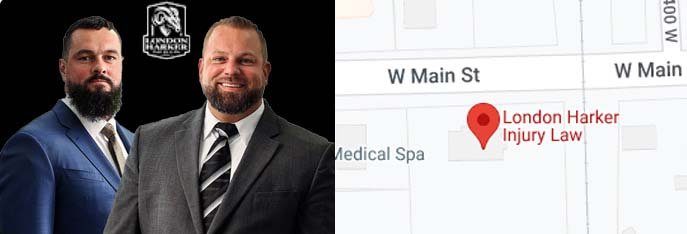Dealing with the tragic loss of a loved one is always challenging, particularly when their passing was due to another person’s negligence, carelessness, or deliberate wrongdoing. In Utah, the law permits specific family members or representatives to file a wrongful death claim to seek justice and financial compensation.
Understanding who can file a wrongful death lawsuit in Utah is the first critical step toward accountability.
What Is Considered a Wrongful Death in Utah?
Under Utah Code § 78B-3-106, a wrongful death occurs when an individual dies due to a “wrongful act, neglect, or default” of another. These incidents would typically support a personal injury lawsuit had the person survived.
Common causes of wrongful death claims in Utah include:
- Car and truck accidents
- Medical malpractice
- Defective products
- Workplace incidents
- Unsafe property conditions
- Criminal acts
Who Can Legally File a Wrongful Death Claim in Utah?
Utah law defines a hierarchy of individuals who have legal standing to pursue a wrongful death lawsuit. This ensures that the closest family members or legal representatives have the ability to act on behalf of the deceased.
Eligible parties include:
1. Surviving Spouse
The deceased’s legal spouse is typically the first in line to file a claim.
2. Adult Children
This includes biological and legally adopted children.
3. Parents of the Deceased
If there is no surviving spouse or children, parents—including adoptive parents—may file.
4. Stepchildren
Stepchildren who were financially dependent on the deceased (especially minors) may be eligible under Utah law. This eligibility was clarified and expanded in 2019.
5. Personal Representative of the Estate
The personal representative (executor or administrator) can file a claim on behalf of the estate and legal heirs. This individual may also bring a survival action—a claim for damages the deceased could have recovered if they had lived.
6. Other Heirs
When no spouse, children, or parents survive, other heirs as defined under Utah Code § 78B-3-105 may have the right to file.
7. Legal Guardian
If the deceased was under adult guardianship, the guardian may qualify to bring a wrongful death claim.
Important Considerations for Filing a Wrongful Death Claim in Utah
Before filing, it’s essential to understand the following legal guidelines:
✔ Only One Lawsuit Allowed
Utah law permits only one wrongful death action per deceased individual. All eligible heirs must be represented in that single lawsuit.
✔ Dependent Individuals
Anyone financially dependent on the deceased may be entitled to a share of compensation, even if they’re not a direct family member.
✔ Strict Filing Deadlines
The statute of limitations in Utah for most wrongful death claims is two years from the date of death. If the defendant is a government entity, you typically have just one year to file.
Recoverable Damages in a Wrongful Death Lawsuit
A wrongful death claim seeks compensation for both economic and non-economic damages:
- Medical expenses related to the fatal injury
- Funeral and burial costs
- Lost wages and future earnings
- Loss of companionship and emotional support
- Pain and suffering of surviving family members
- In rare cases, punitive damages for egregious misconduct
Why Legal Representation Is Essential
Filing a wrongful death claim in Utah is complex—legally and emotionally. A skilled attorney can help:
- Investigate the cause of death
- Determine who is eligible to file
- Handle insurance companies and paperwork
- Represent you in court if necessary
Final Thoughts
Understanding who can file a wrongful death claim in Utah empowers grieving families to take action. With the right legal guidance and a strong understanding of your rights, you can hold negligent parties accountable and secure the compensation your family deserves.
For more information on wrongful death law in Utah, visit our
blog category archive or contact our team directly.



